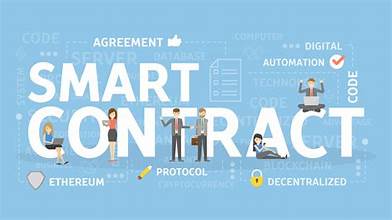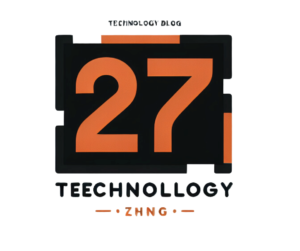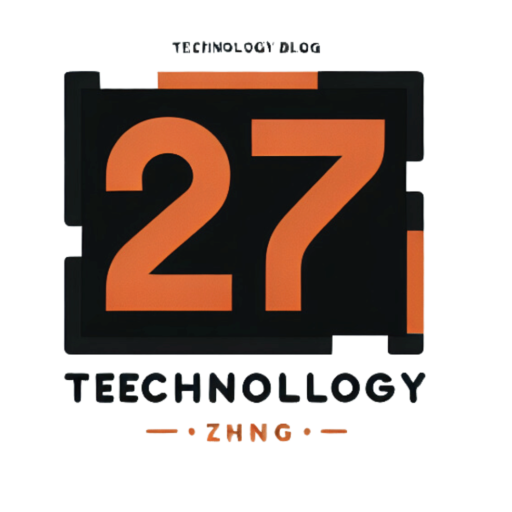
Introduction
- Brief overview of what smart contracts are.
- Importance of smart contracts in the digital age.
- Purpose of the article: to explore the impact of smart contracts on various industries as of 2024.
What Are Smart Contracts?
- Definition and explanation of smart contracts.
- How they work: blockchain technology and automated execution.
- Differences between traditional contracts and smart contracts.
The Rise of Smart Contracts in 2024
- Historical context: evolution from early blockchain concepts to modern smart contracts.
- Current state of smart contract technology and adoption.
Industry-Specific Impacts of Smart Contracts
1. Financial Services
- Decentralized Finance (DeFi): How smart contracts facilitate DeFi applications.
- Banking and Payments: Streamlining transactions and reducing fraud.
- Insurance: Automated claims processing and policy management.
2. Supply Chain Management
- Transparency and Traceability: Tracking goods from origin to consumer.
- Efficiency: Reducing administrative costs and delays.
- Smart Warehousing: Automating inventory management.
3. Healthcare
- Patient Data Management: Securing and sharing medical records.
- Drug Supply Chain: Ensuring the authenticity and safety of pharmaceuticals.
- Clinical Trials: Enhancing transparency and accountability.
4. Real Estate
- Property Transactions: Simplifying buying, selling, and leasing.
- Land Registry: Reducing fraud and improving accuracy.
- Smart Leasing: Automating rental agreements and payments.
5. Legal Sector
- Contract Automation: Reducing the need for intermediaries.
- Dispute Resolution: Facilitating faster and more transparent arbitration.
- Intellectual Property: Managing and enforcing IP rights.
Challenges and Considerations
- Scalability Issues: Handling large volumes of transactions.
- Legal and Regulatory Challenges: Navigating different jurisdictions.
- Security Risks: Potential vulnerabilities and attacks.
Future Trends and Developments
- Integration with Emerging Technologies: AI, IoT, and blockchain convergence.
- Global Adoption: Increasing use in various countries and industries.
- Advancements in Smart Contract Platforms: Improvements in functionality and user experience.
Conclusion
- Summary of key points.
- The transformative potential of smart contracts across industries.
- Call to action: staying informed and adaptable to emerging technologies.









